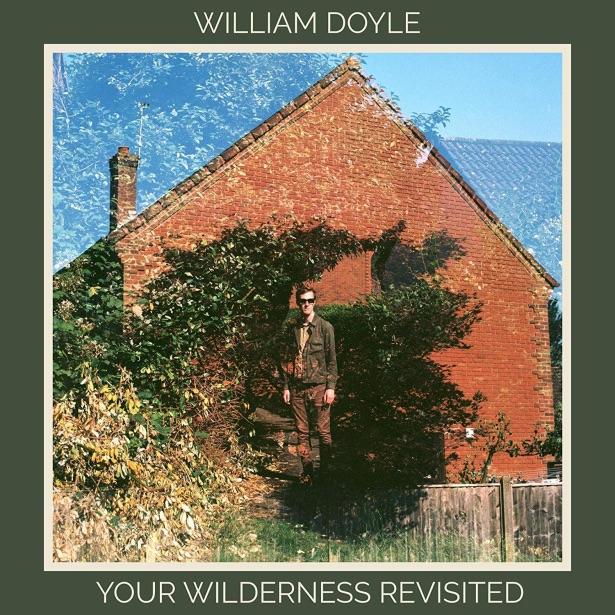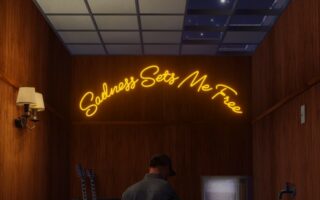They say write about what you know: having recorded as East India Youth in the early part of this decade, on Your Wilderness Revisited William Doyle has returned not only to the emotional tumult of his adolescence, but also to its rambling suburban topography.
This isn’t just a story about a kid on a skateboard however. After the death of his father, Doyle and his mother relocated to a modernist, red-brick estate which became a sort of open prison, a place which seemed to not have enough history to soak up the grief he was struggling to process.
This is not a record directly about that journey, but a broader one of self-discovery for the writer, who re-imagines his old scars through the eyes of a child’s exploration and non-stop movement.
This is a high concept which may get the cynical twitching, but the ability to craft affecting music which saw East India Youth’s Total Strife Forever receive a Mercury nomination hasn’t left him: opener Millersdale rapidly turns near symphonic from whispered beginnings, while multi-tracking his own vocals along with added flushes of guitar and saxophone makes the Aquarian sounding Continuum feel both epic and a refugee from an off-Broadway production.
There are some precedents here – the elliptical pop of Beirut, or Hot Chip were they to spend time at a pastoral retreat in the Shires – but to Doyle’s credit he takes the album’s weighty precept and, through a lightness of touch, gradually draws listeners into its subtle flows. On Full Catastrophe Living he regresses back to experiencing depression for the first time, but the largely instrumental piece isn’t melancholy, with shafts of light falling between the grey, the slow awakening an echo of his own gradual recovery.
It would be easy to assume that here is a musician trying a little too hard, but Nobody Else Will Tell You is warmly conventional, drawing down on the record’s core – a pristine falsetto, insistent rhythms and more sax, while Blue Remembered has a similarly positive meter, rolling away the pathos.
Whether these are the motions you latch onto will depend on perspective. Doyle has spoken of the psychedelic fallout that time and surroundings has had on his memories, a spiritual effect of displacement theorised by Robert MacFarlane in his book The Old Ways. Living this, the two most interesting passages are both ones which have more cosmic roots: with a spoken word reading from Brian Eno at the start, Design Guide is almost a manifesto for this doctrine, a chorus of Doyles adding a progressive, choral eulogy to it, while An Orchestral Depth explores how drugs can act as a transport to this paraverse, blurred and indistinct.
Sometimes what’s right in front of you is just what it seems until you choose to see it from a different angle. On Your Wilderness Revisited, William Doyle invites everyone into a place he’d kept under mental lock and key, a trip which even if these bold and ambitious songs don’t always deliver, connects us to intriguing places, both real and imagined.






